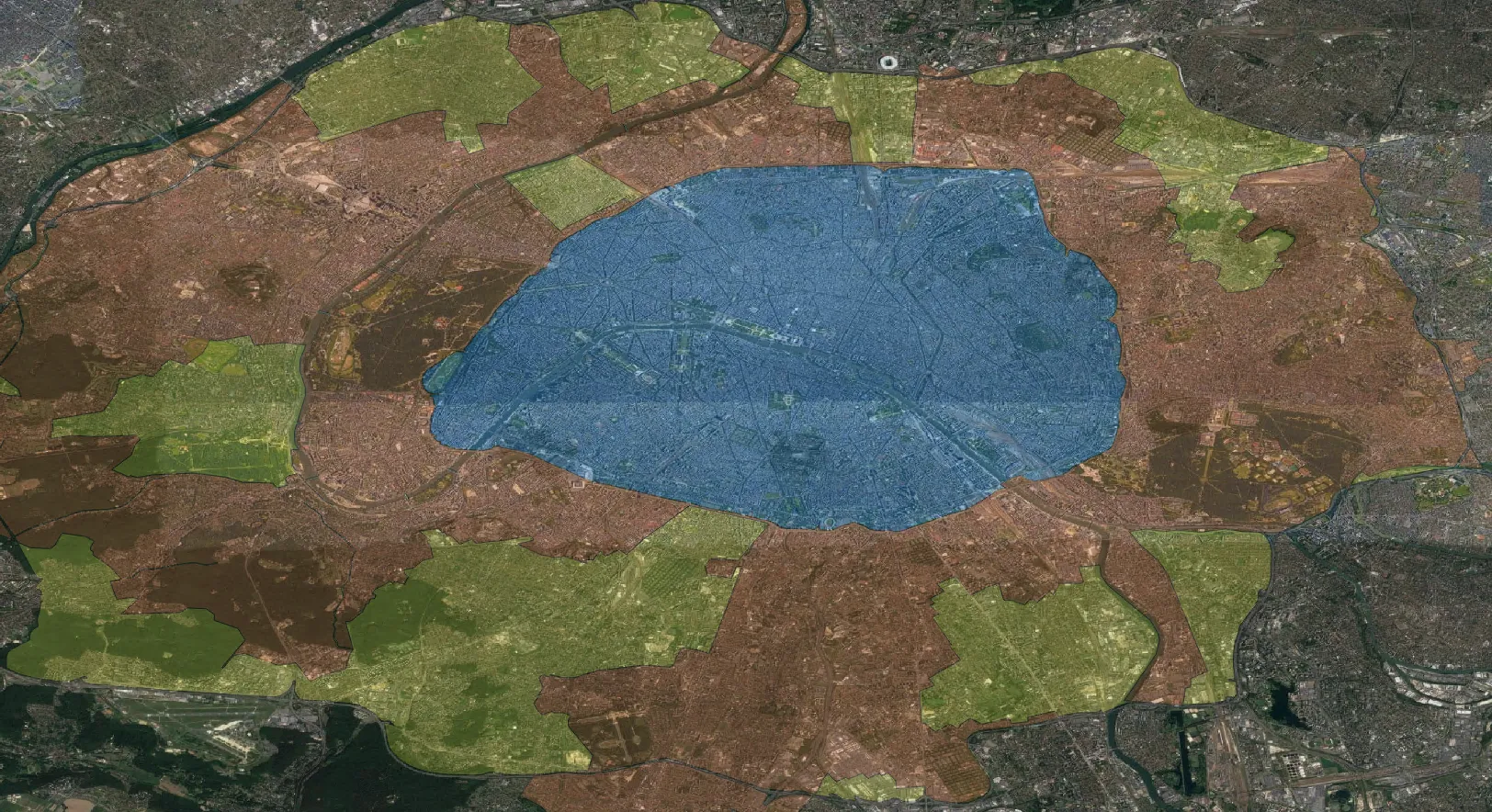
Digital mapping company And has released an application programming interface (API) which can be integrated with navigation systems to warn drivers when they are entering congestion and environmental zones.
The Eco Alert Zones feature can help drivers determine which badge they may need to avoid penalties or show where to park outside the zone if they do not want to pay the fee, the company adds.
The product's zone overviews feature geometry, name, location, type of zone and acceptable emissions standards. This information will enable car rental and fleet management companies to calculate the cost for each journey and inform customers about car emission requirements, the company claims.
And CEO Thierry Jaccoud says congestion and environmental zone charges are being levied in more cities and countries around the world to help lower pollution and combat traffic congestion.
For example, the UK capital has implemented an Ultra Low Emission Zone (ULEZ) within central London that charges £12.50 for most vehicle types weighing up to 3.5 tonnes.
“Rules, fees and fines vary from country to country, so when travelling across borders, it is important for drivers to be aware before entering either type of zone,” Jaccoud continues.
“Our team has collected and continually updates information on 440+ European zones and is now adding global coverage.”
The European zones are located in the UK, Germany, France, the Netherlands, Belgium and Italy.
The data is updated daily with information available in English and the local language. Where possible, the price in local currency is also included based on when the fee is paid.
Looking ahead, And says it plans to add more countries to the alerts by the end of 2020.









